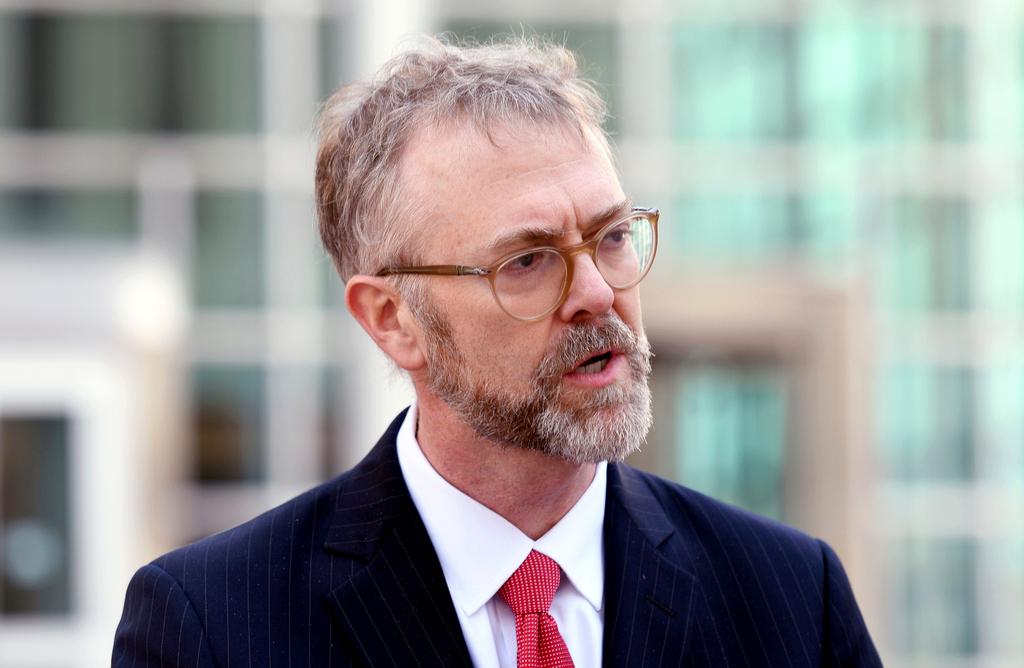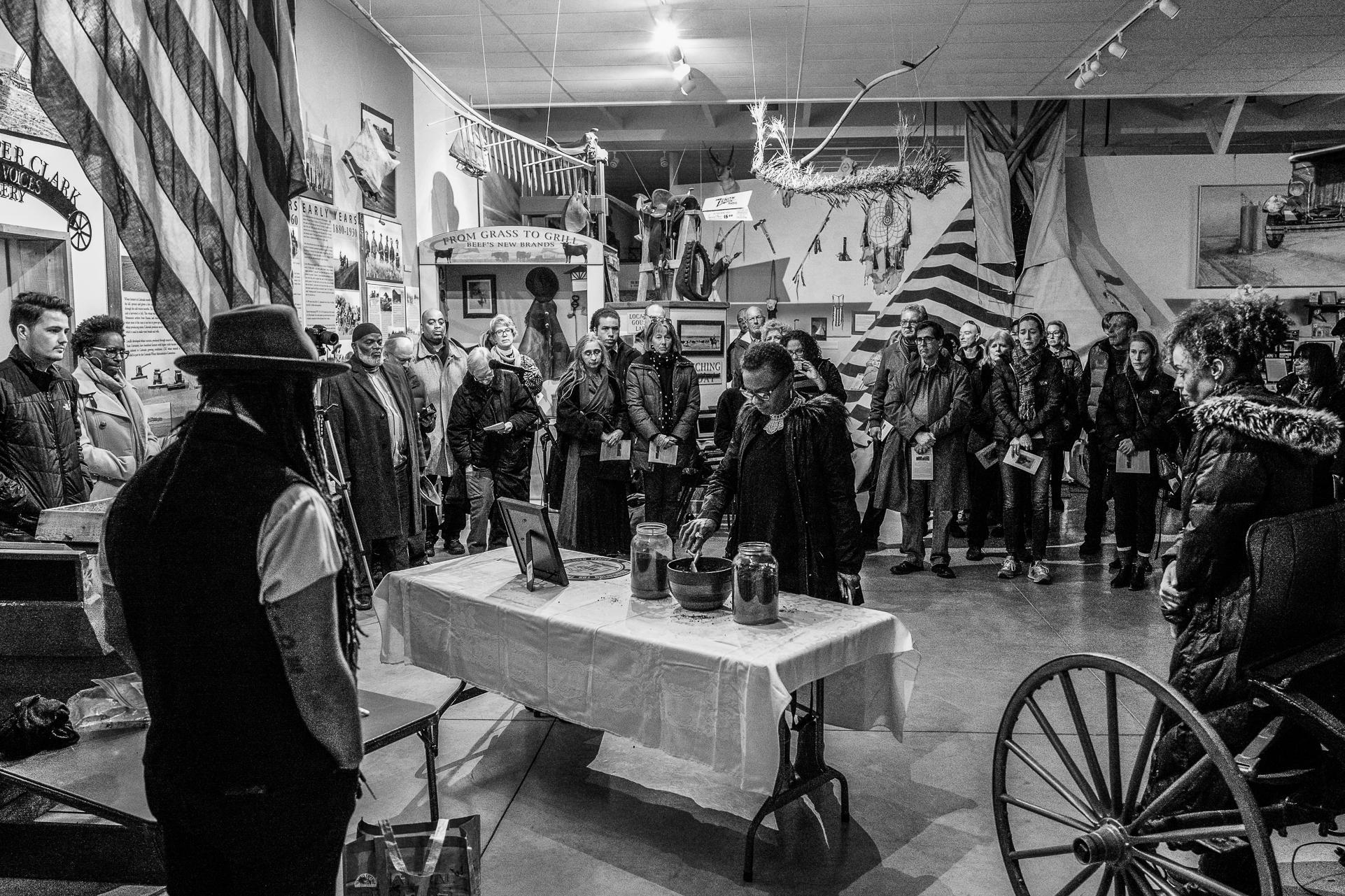
At least five African Americans are known to have been lynched in Colorado, according to the Equal Justice Initiative.
The organization has been asking communities across the country to confront their own historical roles in racial terror lynchings by placing markers at the sites where they happened.
When Tara Morton of Fort Collins first learned about the Memorial For Peace and Justice in Montgomery, Alabama — the first such memorial in the nation — she wanted to know when Colorado would get around to placing its own markers.
“I was trying to learn more about what is out there in regards to peace and justice in regards to kind of healing our past as society with the racism and slavery,” she said.
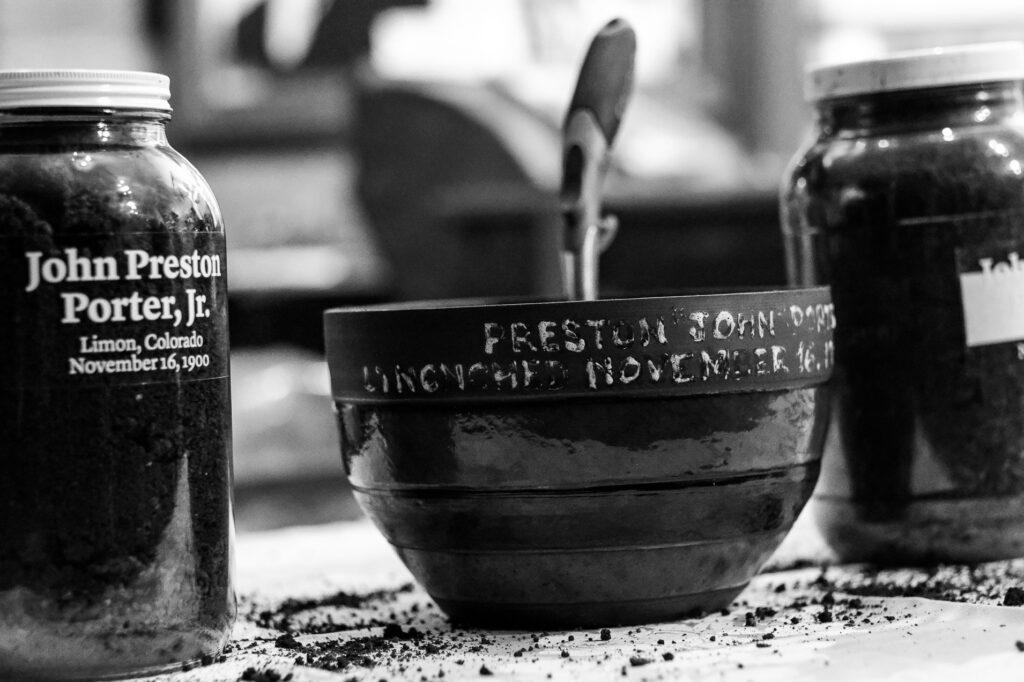
It turns out there are steps underway to acknowledge Colorado’s past.
Judy Ollman volunteers with Colorado’s Community Remembrance Project alongside other members that include the NAACP, activists, the Episcopal Church of Colorado and others. Ollman learned about the Equal Justice Initiative after reading the book “Just Mercy” by Bryan Stevenson.
“Part of my journey was waking up to white supremacy, which was a complete blind spot for me,” Ollman said. “I had no idea that white supremacy is a system that has been in place since the founding of this country and that I have benefited from it.”
Her initial interest in the remembrance project is somewhat similar to Morton’s.
“This is about us all being able to heal,” she said. “Until we, until white people can acknowledge their role in this situation that we find ourselves in then that healing is delayed.”
Part of that healing has started by honoring Preston Porter Jr. He was an African American teenager who was accused of murder and violently lynched by a mob in Limon on Nov. 16, 1900.
Porter and his family were from Kansas and moved to Limon to work on the railroad. A young girl was found murdered in town and Porter and his family were accused of killing her. Porter, his father and brother were arrested in Denver and held in the city jail. He was tortured while in jail and confessed to the murder.
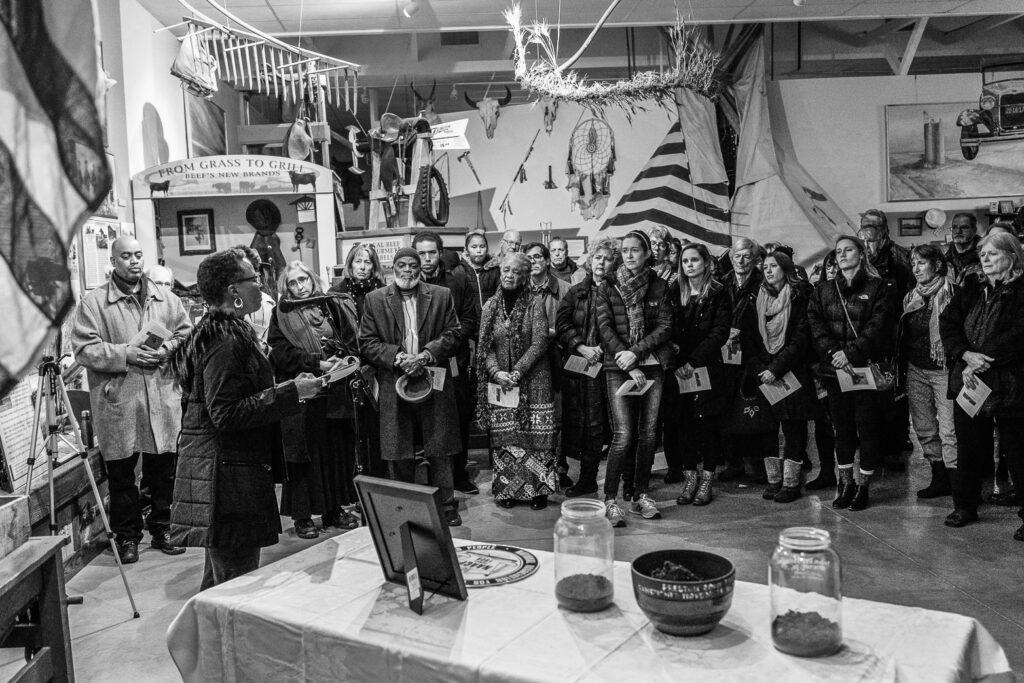
Colorado’s governor at the time warned that Porter would likely be lynched if he was handed over to authorities in Limon. But the Denver sheriff transported him to the eastern plains town, where Porter was burned alive while 300 people watched.
“Every one of these is horrific,” said Rosemary Lytle, NAACP state president for Colorado, Montana, and Wyoming.
The work is not easy but is a labor of love, she said. A debt is still owed and everyone is complicit in the actions. She holds herself just as accountable as white people for documenting the history of Porter and others who were murdered and honoring them with dignity.
“We're still in this country lynching people,” she said, referring to the death of George Floyd and Elijah McClain who were both killed at the hands of police officers.
“I mean, how many times, how many names? So this coming together is about trying to make some statement in the face of that.”
The Colorado coalition has made significant progress so far.
A historical marker for Porter will be installed and dedicated at Creekfront Park in Denver later this fall. It’s near the site of Denver’s old city jail, where Porter was taken from.
The group has also collected soil from Denver and the lynching site in Limon, combined the two during a ceremony and then split the soil into two jars. One jar will be sent to Alabama to be displayed in a museum with other jars of soil from lynching sites across the country. The second jar will be part of an exhibit at the Blair Caldwell Library in Denver.
The Colorado coalition will also launch an essay contest in late August for Denver public high school students. Winners will receive scholarship money from the Equal Justice Initiative.
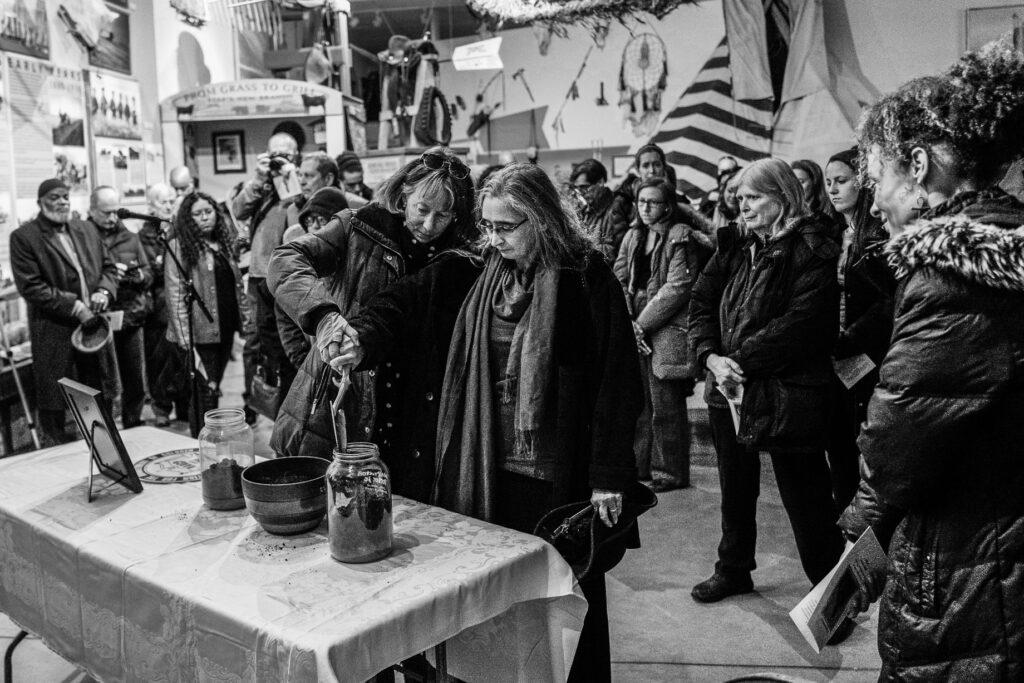
Because of the group’s work, Denver’s City Council apologized for Porter’s lynching and presented a proclamation that condemned it in 2018.
“That is one of the more significant things that has happened in terms of a public recognition of Colorado's complicity,” Lytle said.
The coalition plans to acknowledge Colorado’s four other victims of racial terror lynching, though these aren’t the only lynchings that have happened in the state.
Lytle and others with the coalition say the community remembrance project is one good place for people to reconcile with the past and start racial justice work. But those efforts can also develop new strategies to overcome today’s racial injustices.
Tara Morton, who asked our Colorado Wonders question, said she understands why this work takes time. And she’s optimistic.
“In order to move forward as a society, we need to make peace and repair where we have come from and the injustices that happened in our past,” she said. “So it’s important to me that wherever I live that we work to find justice in our own backyards.”





